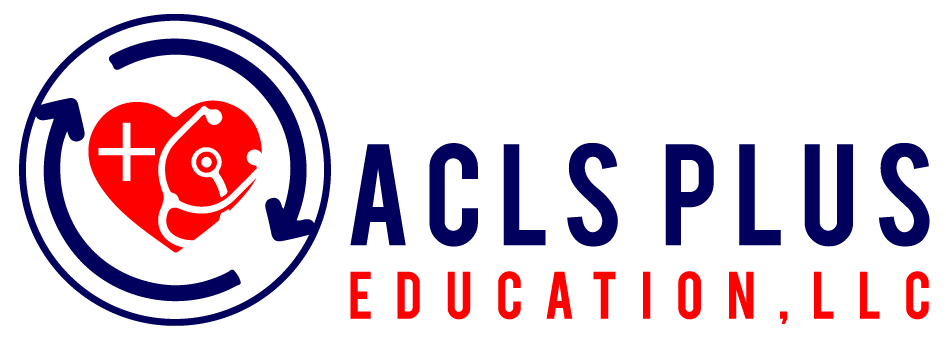In our last posting we discussed the Heimlich maneuver – the preferred technique for resolving a blocked airway in an adult or a child that is old enough to walk. Now we want to talk about what do for an infant that is choking.
Infants are generally a hearty bunch, but they do present a higher risk when it comes to airway and respiratory issues. In fact, nearly 65 percent of choking deaths involve infants (defined as 0-12 months or newborns up to walking age), so it’s a good idea to know what to do if you ever find yourself in a room with a choking baby.
Heimlich maneuver is a good rescue move for older choking victims, but it is not recommended for infants for a couple of reasons:
1. An infant’s abdominal organs are not as well developed or protected as those of an older child or adult, and repeated abdominal thrusts could cause an injury.
2. An infant’s airway is shaped somewhat like a short funnel, so the use of air pressure from abdominal thrusts is not as effective as it would be for older victims whose airways have matured into a more uniform cylinder shape from top to bottom.
So, if Heimlich is not good for babies, what should we do? Do not despair! There is a rescue technique specifically designed for the choking infant. Here’s what to do if an infant is clearly choking (unable to cough, cry or make any sound, turning blue, etc.):
If your attempts are unsuccessful and the baby becomes unresponsive, call 911 for additional help and begin CPR.
Especially with infants, another very good way to resolve a choking emergency is to avoid having one in the first place. Watch out for choking hazards that are in reaching distance, and try to avoid foods that create a risk of choking for infants (grapes, hard candy, popcorn, etc.)
Knowing what to do in an emergency provides a comforting peace of mind. Join us (CPR/AED Class) for one of our classes so that you will be ready to respond if an emergency occurs where you are.


Recent Comments